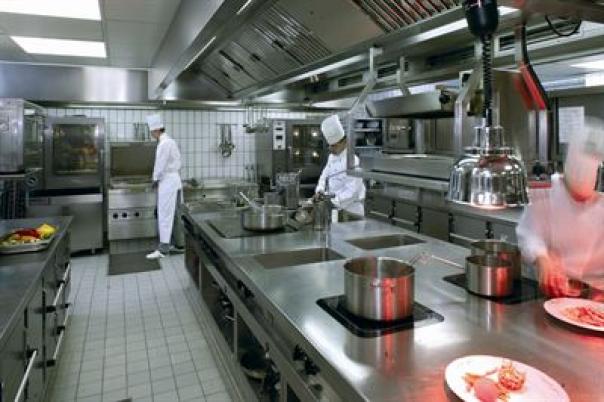
The Lifecycle Carbon Calculator has been developed by the Carbon Trust in association with CESA, the Catering Equipment Suppliers Association. The work has been funded by DEFRA; the FCSI and CEDA have also been involved in the project.
The calculator is still under development but the initial version is planned to launch in May to key group operators ahead of a full launch in the Autumn. It is anticipated that early adopters will be offered a free upgrade to an enhanced version of the software.
The basic programme uses a site’s data and puts it through a sophisticated spreadsheet to work out the energy use, taking account of a wide range of parameters, including the equipment, menu and hours of operation.
Operators can then change parameters to see the impact on energy use, for example, by replacing gas or electric hobs with induction units or switching from electric to gas combi steamers. The software can also take account of working practices, to show how changes will improve energy efficiency in this area.
“The calculator will have a huge impact on the way operators, designers and specifiers plan and manage commercial kitchens in the UK,” said Nick Oryino, chair of CESA.
“It will help the industry cut carbon emission and running costs. We expect it to have a ready market amongst larger operator groups, such as restaurants and hotels, as well as equipment distributors and consultants.”
The calculator tackles the huge issue of the foodservice market’s carbon emissions. For example, by training staff in best practise procedures for cooking and dishwashing equipment, the industry’s costs could be reduced by £35 million and carbon emission cut by 173,000 CO2e tonnes, per year.
Replacing refrigerators with Energy Technology List standard models will save £13 million and 56,600 CO2e tonnes annually.
Total potential savings for the industry amount to £114 million and 566,000 CO2e tonnes per year.